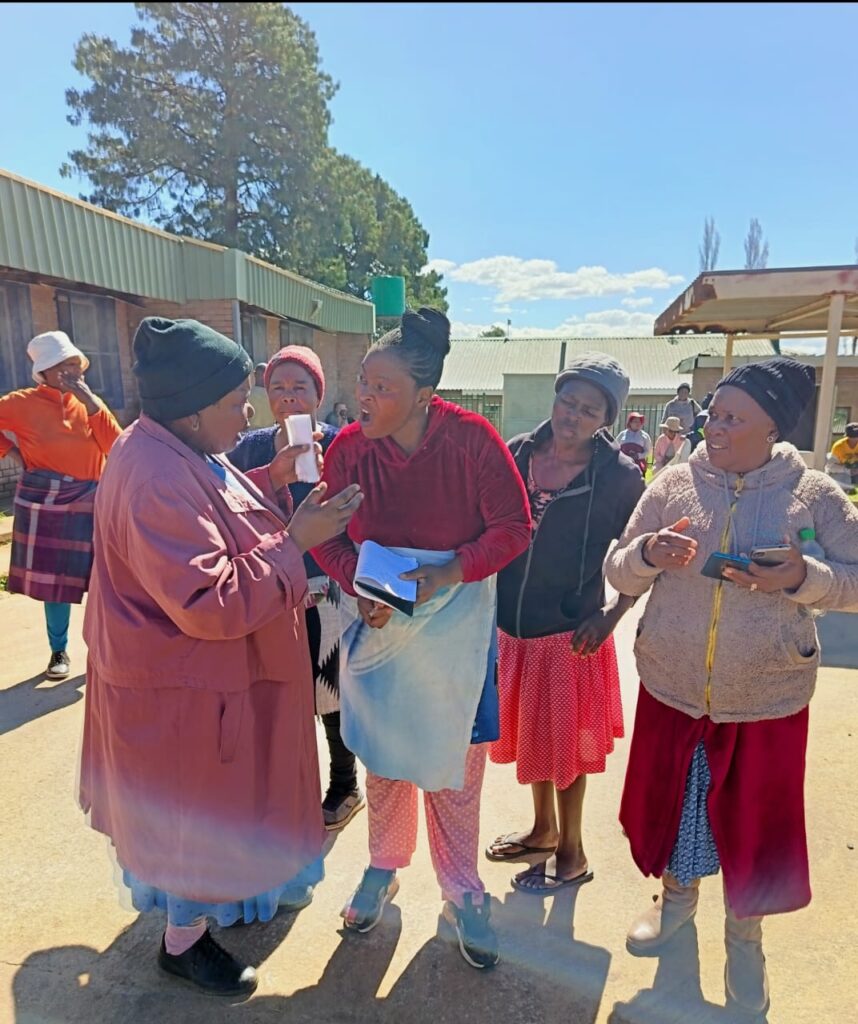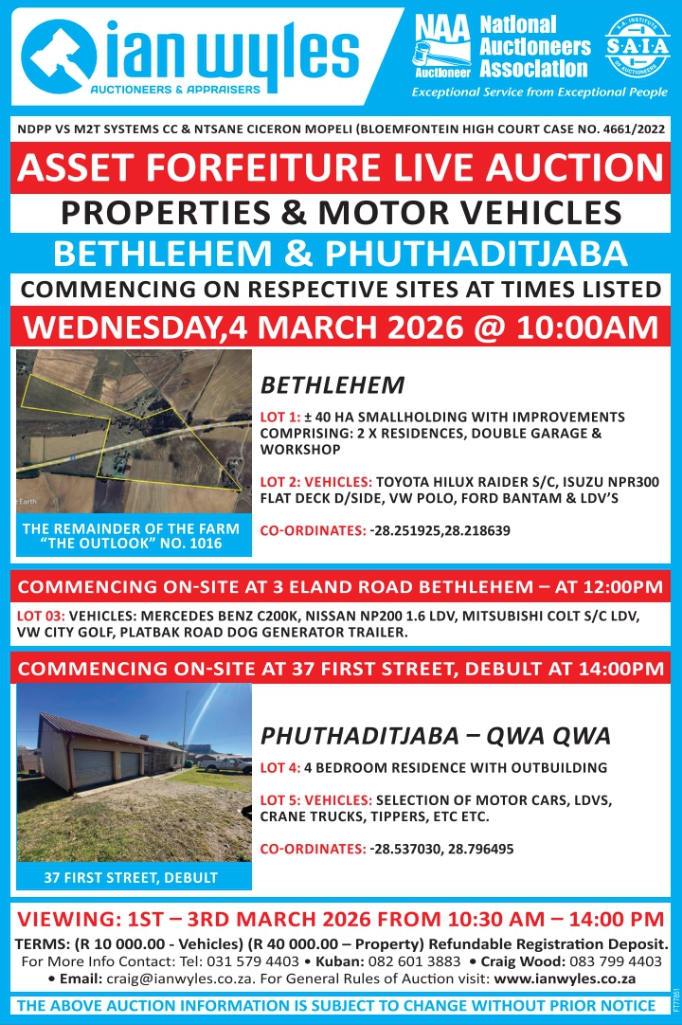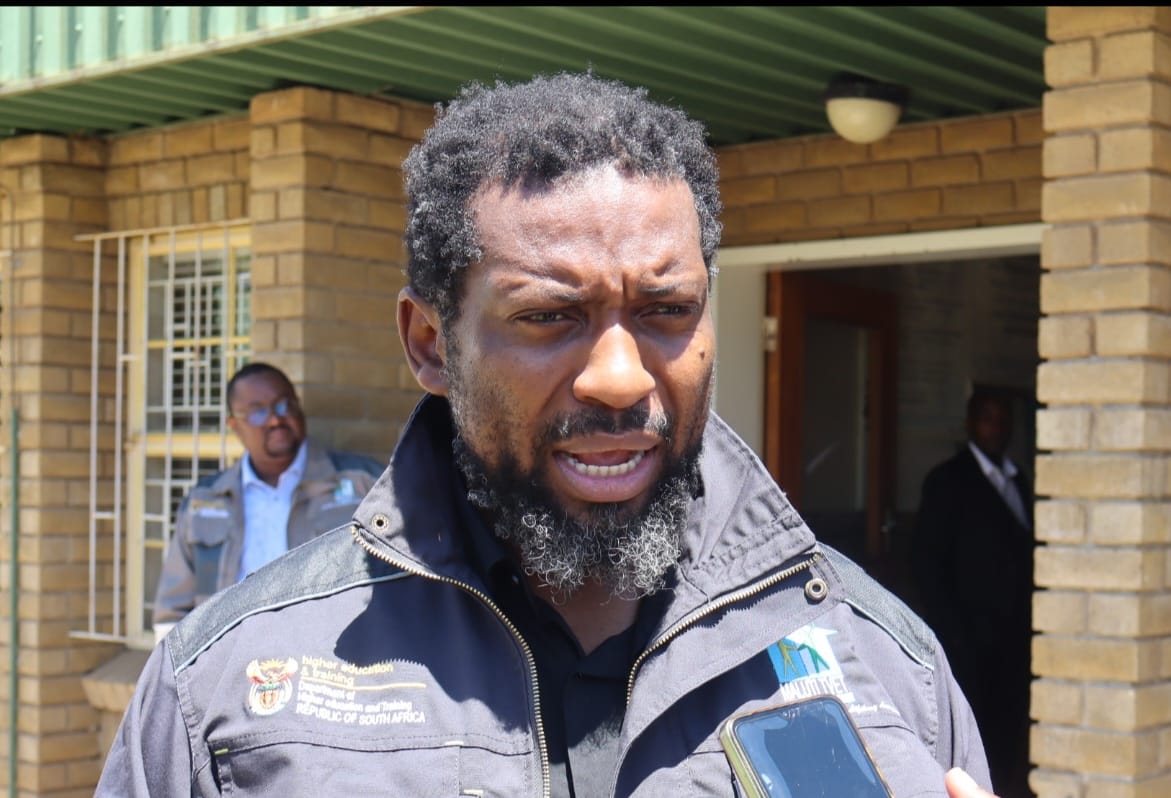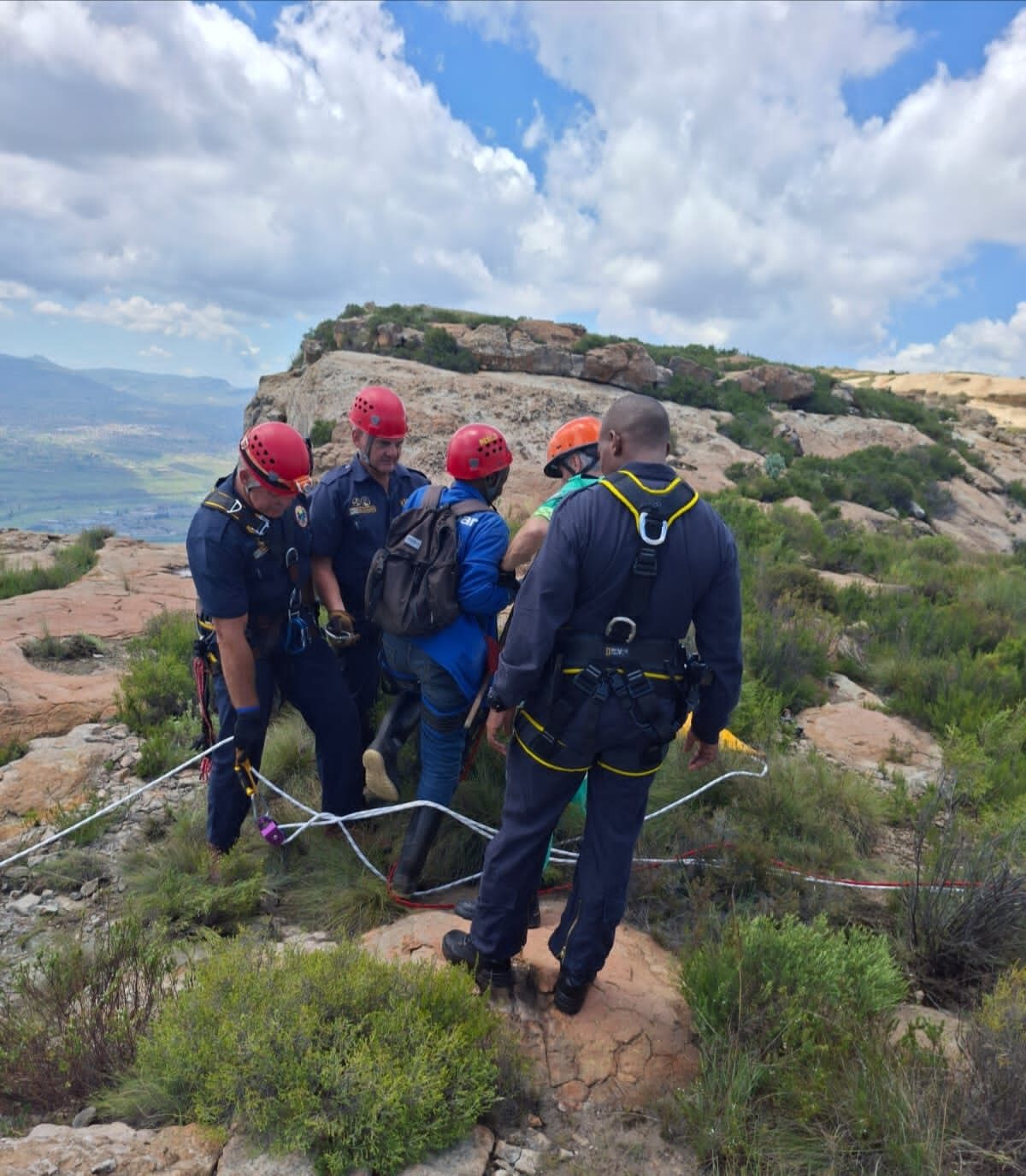By Emily Setona
QWAQWA – Despite receiving valuable information from a recent disaster awareness campaign, residents of Thabana Tsoana’s Ward 15 say awareness alone will not ease the hardships they face due to floods, fires, and poverty.
The campaign, hosted on 30 April near Tsholo High School by the Thabo Mofutsanyana District Municipality’s disaster management department, was aimed at preparing the community for the winter season and the recurring threat of floods. Officials warned residents about the dangers of paraffin heaters, coal stoves, and unattended candles, and urged them to adopt simple safety measures.
“Disaster management doesn’t wait for crises to happen. Part of our work is educating communities before disaster strikes, especially during seasons like this,” said Sthembiso Mthombeni from the district’s disaster unit.
Ginger Lebajoa, Disaster Coordinator at Setsoto Local Municipality and member of the provincial DIMISA, stressed that climate change is intensifying weather patterns, making floods more frequent and severe.
“We cannot stop nature, but we can be prepared,” he said. “People must make furrows to drain water, avoid leaving candles unattended, and stop locking children inside homes with heaters on.” He also emphasized limited government capacity: “Government assistance is limited. Communities need to act proactively.”
While residents appreciated the safety advice, many voiced frustration over the lack of tangible support.

Wearing red top and white towel mother of two Mafusi Motseki who’s mud house is destroyed.
“My mud house collapsed at 3 a.m.,” said Mafusi Motseki, a mother of two. “The ward councillor sent me to Social Development, the social worker sent me to SASSA, and now I’m waiting for the R2,000 disaster relief fund. I lost almost everything, and so far, I haven’t received any help.”
Another resident, Phoka Seng, described widespread water damage in the community. “The floods are so bad we can’t even plant vegetables. Our roads are waterlogged. Last week, during a traditional wedding at my home, guests couldn’t even enter because of stagnant water.”
Officials encouraged residents to implement low-cost, community-driven solutions. Teboho Chabe from Xhariep District Municipality recommended building small dams to manage water flow and strengthening ward committee involvement through door-to-door campaigns. He also called for disaster education in schools and care centres.
“Ward committee members should run door-to-door campaigns, and school children and the elderly should be included in awareness efforts, as they are often the most affected,” Chabe said.
As winter deepens and heavy rains persist across QwaQwa, residents are taking in the information – but their message to authorities is clear: they need more than awareness. They need action.




















2 Responses
We really need fire belt at Thaba Ronto
We need. Mub houses road cravel